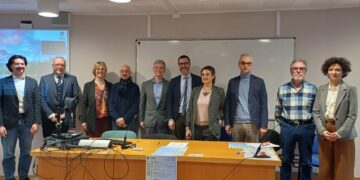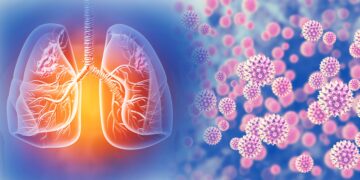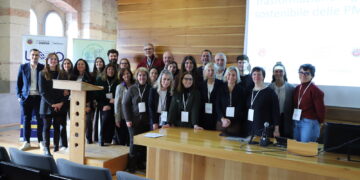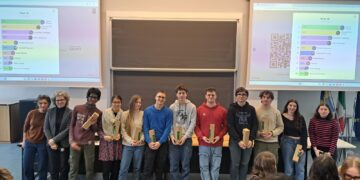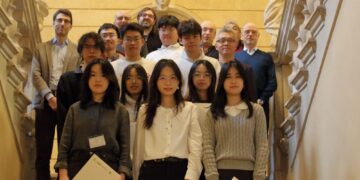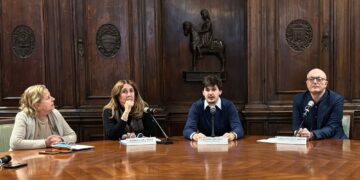Previous studies have shown that children and adolescents tend to gain weight during holiday periods, once they have left the daily routine of school. What happened with the Covid-19 lockdown and what was the impact on teenagers’ health? Answers to these questions were sought by a research group from the Paediatrics Section of the Department of Surgery, Dentistry, Paediatrics and Gynaecology at the University of Verona through the study “Effects of COVID-19 Lockdown on Lifestyle Behaviors in Children with Obesity Living in Verona, Italy: A Longitudinal Study”, which was recently published on the scientific journal Obesity.
The work, coordinated by Angelo Pietrobelli, Professor of General and Specialist Paediatrics at the University of Verona, was conducted in collaboration with the following US institutes: the Pennington Biomedical Research Center, the Department of Public Health Sciences at Clemson University, and the Graduate School of Education, Department of Counseling, School and Educational Psychology at the University at Buffalo, State University of New York.
The study – the first of its kind on this population – analysed a sample of 41 children and adolescents with obesity in order to investigate the effects of lockdown during the Covid-19 pandemic on their lifestyle.
“Through a questionnaire, we were able to gather information on lifestyle, including diet, activity and sleep behaviour at the beginning of quarantine and three weeks later, to check for variations”, says Pietrobelli.
“Excluding the time devoted to video lessons – continues Pietrobelli -, the survey showed that the time spent in front of the screen has increased by about 5 hours a day. In addition, the time devoted to sports activities has decreased dramatically by about 5 hours a week, and the number of meals consumed per day has increased by one unit”. Moreover, “Consumption of potato chips, red meat and sugary drinks increased significantly during lockdown. In particular, consumption of chips and sugary drinks even doubled”.
“The next step in the research – concludes Prof. Pietrobelli – will be a further investigation to be carried out when the people concerned go back to school and resume their usual routine, to check whether the problems detected will have a lasting impact, or whether pre-lockdown habits will be restored. In this parents play a fundamental role in shaping their children’s lifestyle”.




